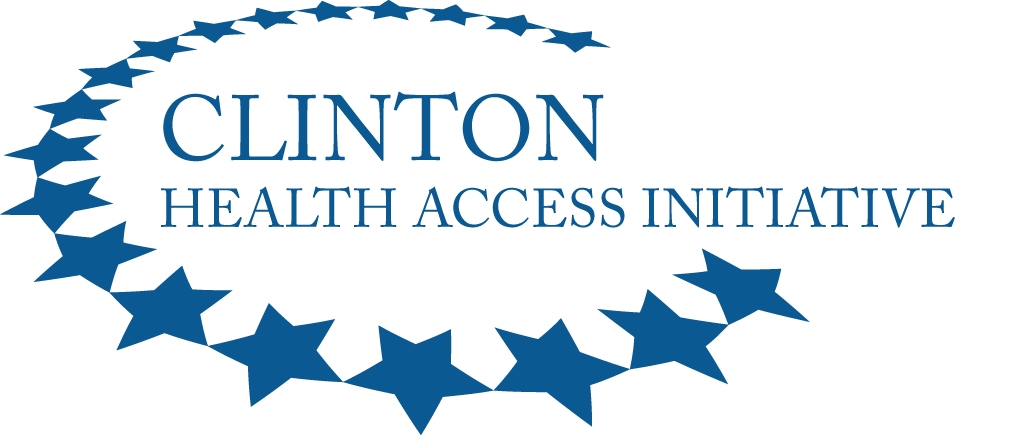A little over a year ago, the HistPhil blog put up a post by Tamara Mann Tweel about a now-published report we commissioned her to work on, regarding the Clinton Health Access Initiative (CHAI)’s role in global price drops for antiretroviral drugs (which can be crucial in treating HIV/AIDS).
The HistPhil post states:
Antiretroviral drugs (ARVs) went down from 10,000 – $15,000 per person per year to $140 per person per year between 2000 and 2005. This price drop inspired governments and international bodies to purchase ARVs and administer therapy to millions of individuals stricken with HIV/AIDS.
While the Clinton Foundation often receives credit for the entirety of the ARV price drop, my report affirmed scholarship that claimed the price drop actually occurred in three stages. The first, from $15,000 per person per year to approximately $1000 per person per year in specific cases, can be attributed to activists persuading pharmaceutical companies to offer philanthropic prices to discreet pilot projects; the second price drop, from approximately $1000 per person per year to approximately $350 per person per year, can be attributed to the active creation of an international generic drug market; and the final drop, from $350 to $140, can be attributed to deliberate market interventions into the generic market by the Clinton Health Access Initiative (CHAI).
As discussed in the full report, this three-stage price drop corresponded to a massive increase in the purchases of antivirals (especially by governments and nonprofits); we haven’t specifically estimated the deaths averted by this development, but feel confident that it qualifies as the sort of hit we’re interested in.
We don’t feel fully confident that any particular funder or nonprofit was crucial to the price drop. The key things we learned from the report were that:
- In the first stage, activists targeted a lawsuit by pharmaceutical companies against South Africa (initially with the support of the U.S. government).
- The South African Parliament had given its Ministry of Health authority for compulsory licensing and parallel imports of antiretrovirals, and the pharmaceutical companies were suing it for breach of international intellectual property protections.
- The report states: “Oxfam, ACT UP, and MSF issued press releases and took out ads critical of the pharmaceutical industry. MSF started an online petition demanding that the drug companies drop the lawsuit. ACT UP organized demonstrations in New York City against the pharmaceutical companies outside their corporate offices, featuring slogans like ‘Stop Medical Apartheid of AIDS’ and ‘Drug Company Greed Kills.’ The access NGOs’ ‘name and shame’ campaign was widely considered a success, and the lawsuit became a ‘public relations nightmare’ for the pharmaceutical companies [source].”
- The US government reversed its position on the lawsuit (though the report cites Fisher and Rigamonti 2005, pg 35-38 for evidence that this wasn’t necessarily purely a function of the activism). Pharma companies dropped the lawsuit, took the “unusual step of reimbursing the South African government for its legal expense,” and began selling drugs at steeply discounted prices to nonprofits such as the UN’s Drug Access Initiative.
- We’d guess it’s more likely than not that the activists played a crucial role in these changes – as well as in a later agreement at Doha that “foreclosed the possibility of WTO sanctions over compulsory licensing” – but the report did not focus heavily on this phase.
- In the second stage, the report credits Jamie Love for a major role in arranging for generic manufacturers to sell antiretrovirals at much lower prices, and in much greater volumes, than they would have otherwise. He studied the requirements for manufacturing the drugs, “suggested that a $350 annual per patient ARV price might be possible” due to the possibility of far more sales at this price, and helped a major buyer (MSF) coordinate with manufacturers to plan and execute this change.
- The third phase is where the report focused, and the HistPhil post summarizes the activities and role of CHAI in working toward further price reductions.
- Working with a similar “lower prices, more volume” goal that Jamie Love had had, CHAI created a “buying club” to pool purchases – and, perhaps crucially, guarantee growing purchases over time – for developing countries, and used the promise of greater and better-known volume to negotiate price drops. It also “helped source cheaper ingredients, and eventually they even paid chemists to develop less expensive manufacturing and synthesizing techniques.”
- I felt less convinced than the report’s author that CHAI had clearly been crucial to the final stage of price drops, given the extent of price reduction that had already occurred prior to CHAI’s involvement, but would guess that it at least sped up the reduction.
For more, see the full report, the HistPhil post, and a Vox.com article that drew on the HistPhil post.

